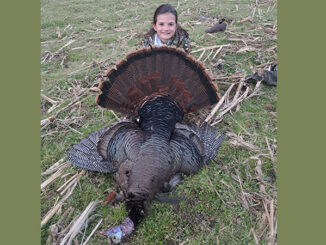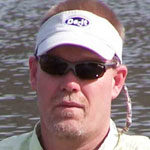
Fontana Lake is a TVA reservoir impounded by Fontana Dam on the Little Tennessee River located in Graham and Swain counties in North Carolina. The lake forms part of the southern border of Great Smoky Mountains National Park and the northern border of part of the Nantahala National Forest. Depending on water levels, the lake is about 17 miles long. The eastern end is the Tuckasegee River near Bryson City. The lake has many inlets into coves and many islands formed from former mountain peaks, especially near the eastern end. As with most impounded lakes, steep banks are exposed when water levels are low. Several small towns were submerged shortly after the creation of Fontana Lake, including Proctor and Judson.
The exact historic status of the walleye in North Carolina is unknown. The species is native to the upper Mississippi River and its tributaries, including the Tennessee River. The native range of the species may have extended into the lower reaches of the Pigeon and French Broad rivers in western North Carolina, until water pollution and hydropower dams eliminated its habitat there in the early 20th century.
Walleye fisheries have been created by stocking in rivers and reservoirs throughout the eastern United States. In North Carolina, walleye fisheries exist in the Hiwassee, Little Tennessee, and upper Catawba River basins and in Lake Gaston. Most of the state’s walleye fisheries maintain themselves by natural reproduction, except in Lake Gaston and Hiwassee Reservoir, where they are stocked as fingerlings.
The average size of walleye in North Carolina waters range from 14 to 18 inches long and weigh 3/4 to 1 1/2 pounds.
“Walleye can be a challenging fish to catch,” said guide Ronnie Parris. “The bite is somewhere between a bream and a flounder, and a lot of anglers just don’t have the patience. They’re expecting a rod-shaking bite like a largemouth, but it requires some finesse. Once you get the hang of it, they’re a lot of fun to catch and great to eat.”





Be the first to comment